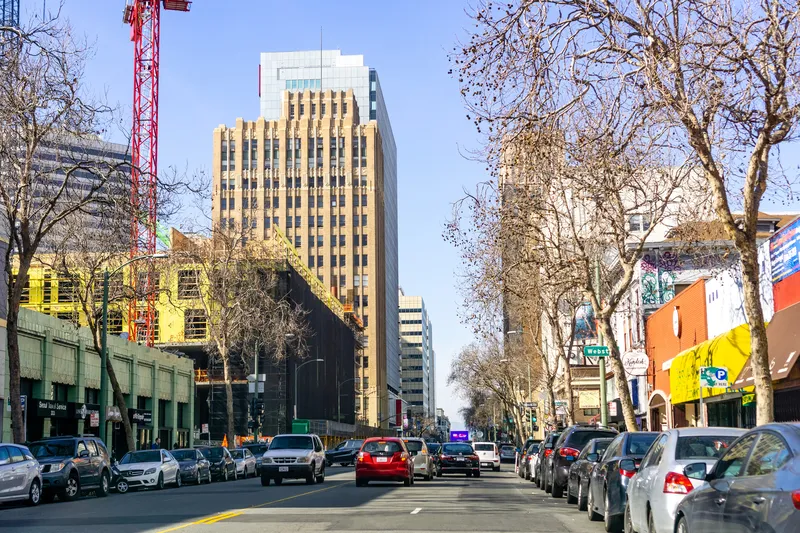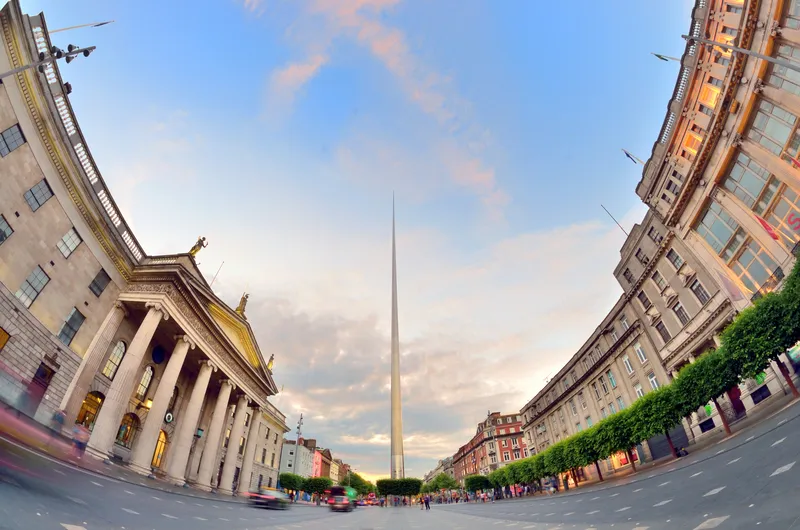
Populus is partnering with the City of Oakland to launch smart loading zones that will allow operators to pay for their use of space through GPS technology from their delivery or on-demand vehicles.
The California city has announced a new permit for fleet operators "to leverage a frictionless, hardware-free method to pay for kerb use and reduce potential parking tickets".
From ride-hail to on-demand food and parcel delivery, the rise in vehicles wanting to use kerb space is presenting problems for cities - and operators - as drivers park dangerously or misuse loading areas.
“Demand for our very limited kerb space has increased dramatically over the past decade” said Fred Kelley, director of Oakland Department of Transportation.
“Improving the way we use the kerb means businesses are able to get goods faster, traffic congestion goes down, and our streets are safer for everyone.”
Populus is using the Curb Data Specification (CDS), a new, approved data standard to which it has contributed, to share kerb rules, and to receive data from operators, on its platform.

Delivery operators can sign up here for the new permits, sharing their vehicle location data with Populus to pay on a per-minute basis.
The initiative is also being supported by an increase in parking enforcement activity.
Regina Clewlow, Populus CEO and founder, says: “Oakland is leading the way in developing and implementing kerb management strategies that lead to outcomes that work for both residents and commercial fleet operators.”










